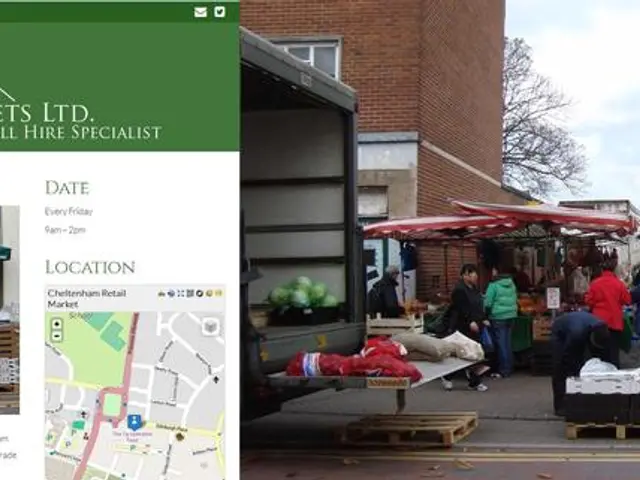Examining Successful Strategies for Eco-Education in Achieving Sustainability
In a bid to foster a sustainable future, community-based environmental education initiatives are gaining momentum worldwide. These initiatives serve as structured processes that allow community members to voice their opinions and experiences regarding Environmental Education, facilitating dialogue between educators and the community.
One such initiative is the "Project Learning Tree," which educates youth about forest ecosystems in the United States. Another example is the "Eco-Schools" program, which empowers schools globally to adopt sustainable practices. The "Green Schools" program encourages schools to incorporate environmental sustainability into curricula and operations.
Advocacy for educational reforms is essential to embed environmental education in school systems. This ensures that students receive essential knowledge about environmental stewardship, leading to more environmentally responsible behaviors. Training educators is crucial for delivering impactful environmental education, with innovative approaches including experiential learning, technology integration (VR, AR), collaborative projects involving local organizations, and storytelling and art.
The success of these initiatives relies on collaboration between various stakeholders, including schools, community organizations, and local governments. Integrating technology into education can further enhance learning experiences, promoting a culture of sustainability and encouraging informed decision-making.
Government initiatives provide funding and resources to develop curriculum and training programs, collaborate with local agencies, schools, and non-profit organizations, and encourage citizen engagement through public awareness campaigns. Nonprofit collaborations amplify the impact of policy support by engaging local communities and fostering partnerships with schools, developing innovative programs tailored to local needs, and leveraging specialized knowledge.
Policy support for environmental education is vital for the integration of these initiatives into community frameworks. Building a future with Environmental Education Initiatives requires a comprehensive strategy involving community engagement, innovative teaching methods, and sustainable practices.
Community-based education efforts promote responsible stewardship of natural resources. Curriculum development tailored to local environmental issues is crucial for maximizing the effectiveness of environmental education initiatives. Successful environmental education initiatives foster an informed and engaged citizenry.
Commitment to ongoing assessment and adaptation of these initiatives is vital, ensuring that Environmental Education Initiatives remain relevant and impactful for future generations. Long-term behavioral changes following environmental education initiatives include sustained shifts in attitudes and actions towards environmental concerns, manifesting as consistent practices that promote sustainability and conservation within communities.
Examples of successful community-based environmental education initiatives around the world include the Olive Ridley Project's Community Outreach in Pakistan, the University of Wisconsin-Madison Environmental Education Program, school-based eco-friendly projects, and community-led urban gardening, recycling, and renewable energy projects. These initiatives demonstrate how emphasizing local participation, education, practical activities, and sustainable livelihood solutions contributes to the success of community-based environmental education globally.
In conclusion, environmental education initiatives play a pivotal role in shaping a sustainable future. By fostering community engagement, innovative teaching methods, and sustainable practices, these initiatives empower communities to make informed decisions for sustainable living and promote responsible stewardship of natural resources. The future of environmental education initiatives will likely involve advances in technology, emphasizing hands-on learning, integrating climate change education into existing curricula, and fostering community involvement.
- Professional development programs for educators can include educational technologies such as e-learning, virtual reality (VR), and augmented reality (AR) to deliver impactful environmental education.
- As environmental-science education becomes increasingly integrated into curricula and operations, education-and-self-development initiatives like the "Project Learning Tree" and "Eco-Schools" encourage schools to adopt sustainable practices and promote environmental stewardship.
- Nonprofit collaborations can contribute to the success of environmental education initiatives by engaging local communities, developing tailored programs that address local environmental issues, and leveraging specialized knowledge to facilitate sustainable living practices worldwide.








